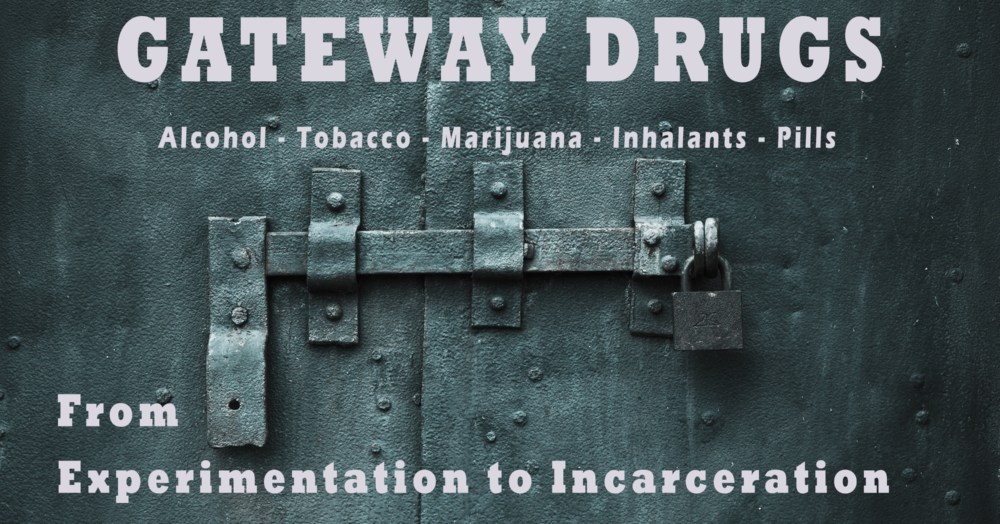Drug Endangered Children Training
By Sgt C.J. Crawford, Greenville PD
DrugFree Greenville partnered in presenting four identical 3-hour trainings conducted under the sponsorship of the Prevention Resource Center, Region 3, Greater Dallas Council on Alcohol and Drug Abuse, and in cooperation with the Crisis Center of Northeast Texas.
Texas Alliance for Drug Endangered Children trainers address history, joint investigation between law enforcement and CPS, successful prosecution, psychological and social concerns, successful strategies for removal of children, identifying dangerous drug environments, intervention by multiple disciplines, sustaining a network of professionals, developing DEC protocols, data collection, and support and resources.
The purpose of this training is educate and form a team of those professionals who find themselves in situations identifying, intervening and/or caring for children affected by an environment of drug abuse as well as individuals interested in establishing Texas Alliance for Drug Endangered Children protocols.
Because of the hazardous nature of clandestine labs, and chemical residuals present on persons and items associated with clandestine methamphetamine laboratories in particular, it will be beneficial for all emergency personnel to obtain this training. These individuals, by the nature of their work, frequently find themselves in private residences or derelict buildings and they need to be able to recognize a clandestine lab if they see one.
The training is broken down into two parts: General DEC Training which gives professionals a baseline understanding of the Drug Endangered Children issue, including risk factors for DEC and tools to use when working with them; and Meth 101 which is presented by law enforcement personnel with a specialty in clandestine labs. It is intended to help non-law enforcement professionals gain an understanding of why methamphetamine labs pose such risks to children.
- The annual economic cost of substance abuse to the U.S. economy is estimated at over $414 billion.
- Alcohol and drug abuse are factors in the placement of more than 75% of children entering foster care.
- There are more deaths, illness, and disabilities from substance abuse than from any other preventable health condition. One in four deaths is attributable to alcohol, tobacco, and illicit drug use.
This is a unique opportunity to insure that Hunt County children don’t fall through the cracks in service and that children coming from volatile drug environments receive the multitude of services required from a variety of agencies.
Children who fail to be recognized as Drug Endangered Children are up to five times more likely to be the next generation of drug users. Working together we can make the difference.
